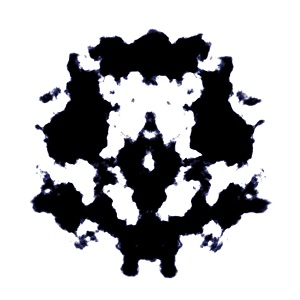Free Association

Free association is a practice in psychoanalytic therapy. In this practice, a therapist asks a person in therapy to freely share thoughts, words, and anything else that comes to mind. The thoughts need not be coherent. But it may help if they are authentic.
Who Developed Free Association?
Sigmund Freud was in the process of developing free association from 1892 to 1898. He planned on using it as a new method for exploring the unconscious. It would replace hypnosis in this respect. Freud claimed free association gave people in therapy complete freedom to examine their thoughts. This freedom would come, in part, from a lack of prompting or intervention by a therapist. Freud proposed the technique helped prevent three common issues in therapy:
- Transference. The process of transferring feelings one has for one person to a different person.
- Projection. The process of projecting one’s own qualities onto someone else.
- Resistance. The practice of blocking out certain feelings or memories.
How Does Free Association Work?
In traditional free association, a person in therapy is encouraged to verbalize or write all thoughts that come to mind. Free association is not a linear thought pattern. Rather, a person might produce an incoherent stream of words, such as dog, red, mother, and scoot. They may also jump randomly from one memory or emotion to another. The idea is that free association reveals associations and connections that might otherwise go uncovered. People in therapy may then reveal repressed memories and emotions.
Contemporary Free Association
Freudian free association is fairly uncommon in therapy these days. Even among neo-Freudians, the technique is not often used. But contemporary mental health practitioners might us a modified version of free association. They may ask someone in therapy to recall all the memories associated with a particular event. A person in therapy could be asked to share the first word that comes to mind after seeing a picture or write down all the thoughts they have at a certain time.
Criticism of Free Association
The main criticism of free association has been that people may overproduce associations. This can be caused by pressure from a therapist. Someone in therapy may struggle to say as many random words and thoughts as possible. Difficulty can occur even if the person is not actually thinking about these topics. Associations may also be random and unrelated to a person’s psyche. For example, someone may start by recalling a memory of their mother. They may remember song lyrics associated with the memory and then begin naming musical artists. This could create the appearance of associations and memories that do not actually exist.
References:
- Free association. (n.d.). Free Association. Retrieved from http://www.victorianweb.org/science/freud/fassociation.html
- Jones, J. (n.d.). About the free associations method. Retrieved from http://www.freudfile.org/psychoanalysis/free_associations.html
- Kring, A. M., Johnson, S. L., Davison, G. C., & Neale, J. M. (2010). Abnormal psychology. Hoboken, NJ: John Wiley & Sons.
Last Updated: 07-2-2019
- 22 comments
- Leave a Comment
Greg
September 18th, 2014 at 2:43 PMthx
Malcolm
July 15th, 2015 at 3:38 AMMy spouse and I stumbled over here coming from a different web address and thought I may
as well check things out. I like what I see so i am just following you.
Look forward to exploring your web page repeatedly.Vangelis
April 7th, 2017 at 11:56 PMI looking to find an online master degree in psychoanalysis.
Can anyone help me please
Leave a Comment
By commenting you acknowledge acceptance of GoodTherapy.org's Terms and Conditions of Use.

